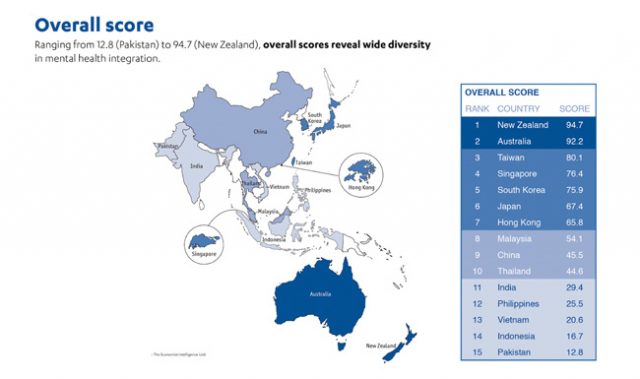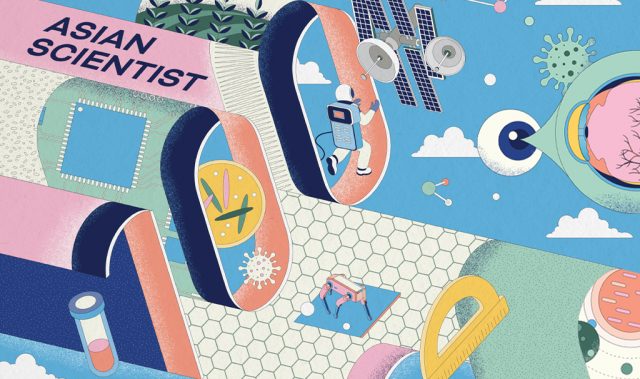
Asian Scientist (Mar. 3, 2014) – A global partnership has been launched to accelerate progress toward a world safe and secure from the threat of infectious disease.
The agreement, signed last month, will initially include 26 countries, the World Health Organization (WHO), the Food and Agriculture Organization (FAO), and the World Organization for Animal Health (OIE).
“Global health security is a shared responsibility; no one country can achieve it alone,” U.S. Health and Human Services Secretary Kathleen Sebelius said at the launch of the partnership.
The agreement signals the nations’ intent to commit to the goals of the U.S.-led Global Health Security Agenda which seeks to promote global health security as an international security priority.
Over the next five years, the United States and at least 30 partner countries (representing at least 4 billion people) will work together to prevent, detect and effectively respond to infectious disease threats.
“The recent outbreaks of H7N9 influenza and Middle East Respiratory Syndrome are reminders of the need to step up our efforts as a global community,” said Lisa Monaco, an adviser to U.S. President Barack Obama on security and counter-terrorism issues.
The partners will work closely together to build up global health security capacities in areas such as surveillance, detection and response in order to slow the spread of antimicrobial resistance, establish national biosecurity systems, reduce zoonotic disease transmission, increase routine immunization, establish and strengthen national infectious disease surveillance and laboratory systems, and develop public health electronic reporting systems and emergency operations centers.
Countries that have committed to meeting the Global Health Security goals include Australia, China, India, Indonesia, Japan, South Korea, Saudi Arabia, and Vietnam.
——
Source: U.S. Department of Health and Human Services; Photo: seanmcgrath/Flickr.
Disclaimer: This article does not necessarily reflect the views of AsianScientist or its staff.












